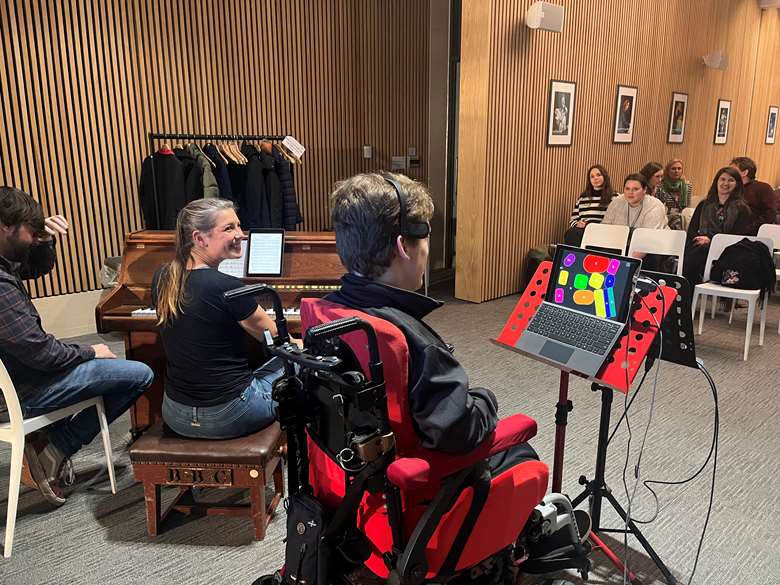Embracing Partnerships: The Key to Inclusion in Classical Music?
Lissy Kelleher-Clarke
Tuesday, October 22, 2024
HarrisonParrott Foundation manager Lissy Kelleher-Clarke explains the rationale behind her emphasis on collaboration ahead of the foundation's annual symposium, bringing together educators and industry members to address critical questions within the sector


Register now to continue reading
Don’t miss out on our dedicated coverage of the classical music world. Register today to enjoy the following benefits:
- Unlimited access to news pages
- Free weekly email newsletter
- Free access to two subscriber-only articles per month


